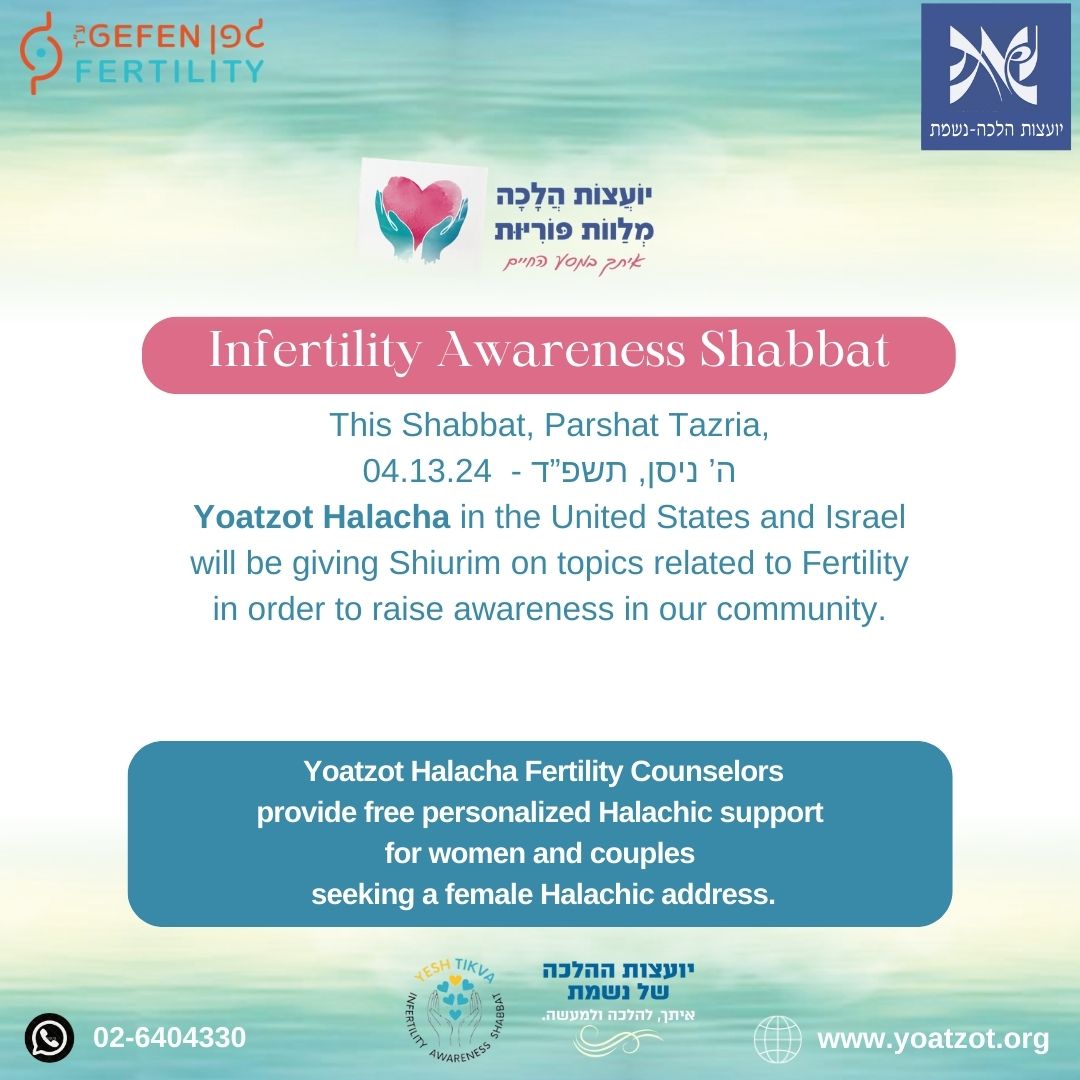I am teaching a kallah now. She is getting married iy”H in about two months. She has a regular cycle and should get her period about ten days after the wedding, so it looks as though we don’t need to worry about a chupat nidda. However, she is concerned that, because of excitement, maybe she will get her period early and end up with a chupat nidda. She therefore wants to take primolut nor as an extra precaution. I was unsure of how to advise her. What should I tell her? Is it advisable to take primolut nor in this situation? Thank you so much for this incredible site:
It is important for the kallah to understand that a chuppat niddah can happen to anyone, even on medication. It is unfortunate but can be dealt with, and you can provide her with guidance so she has a better sense of it. The ultimate decision whether or not to take medication is a personal one.
In general, if a woman cycles regularly and other stresses have not changed her cycle in the past, then not intervening is a perfectly reasonable approach.
Still, stress — both positive and negative — can affect a woman’s hormones in the time leading up to a wedding. (Our sages recognized this effect as well.) We know of no formal studies of this phenomenon. Anecdotally, the percentage of women whose cycle is affected by their wedding is probably in the range of 5-20%.
Hormonal medications can cause staining. With combination pills, the risk of breakthrough bleeding during the first month of use is 15-70%. (The higher the estrogen level of the pill, the lower the likelihood of bleeding.) Such bleeding tends to abate over two to three cycles of use. There are no comparable statistics available for progesterone formulations like Primolut Nor, but the incidence of breakthrough bleeding is probably lower.
Primolut Nor is prescribed for kallot based on when they anticipate their period. If a woman learns fertility awareness at least 2-3 months before the wedding, she is more likely to be able to determine when her ovulation is over (based on basal body temperature). This may enable her to determine more accurately when she would expect to menstruate. That can help her decide whether to use Primolut Nor and, if she decides to do so, to optimize the scheduling.
If the kallah wants to consider taking medication, she should turn to a physician for a prescription, so that they can take her personal health history into account. Since Primolut Nor is used the month of the wedding, she has time to decide if she will use it. She can also revisit the issue should her cycle change in the near future.
Please write back with any further questions.
This internet service does not preclude, override or replace the psak of any rabbinical authority. It is the responsibility of the questioner to inform us of any previous consultation or ruling. As even slight variation in circumstances may have Halachic consequences, views expressed concerning one case may not be applied to other, seemingly similar cases. All health and health-related information contained within Nishmat's Women's Health & Halacha Web site is intended to be general in nature and should not be used as a substitute for consulting with your health care professional. The advice is intended to offer a basis for individuals to discuss their medical condition with their health care provider but not individual advice. Although every effort is made to ensure that the material within Nishmat's Women's Health & Halacha Web site is accurate and timely, it is provided for the convenience of the Web site user but should not be considered official. Advice for actual medical practice should be obtained from a licensed health care professional.
For further questions or comments: 
The Nishmat Women's Health and Halacha Site is a public service of Nishmat, The Jeanie Schottenstein Center for Advanced Torah Study for Women. This project and others like it are made possible by contributions from people like you. If you have benefited from the service, and wish to enable us to help others, click here to donate.
Users of Internet filtering services: This site discusses sensitive subjects that some services filter without visual indication. A page that appears 100% complete might actually be missing critical Jewish-law or medical information. To ensure that you view the pages accurately, ask the filtering service to whitelist all pages under yoatzot.org.






 Question:
Question:








